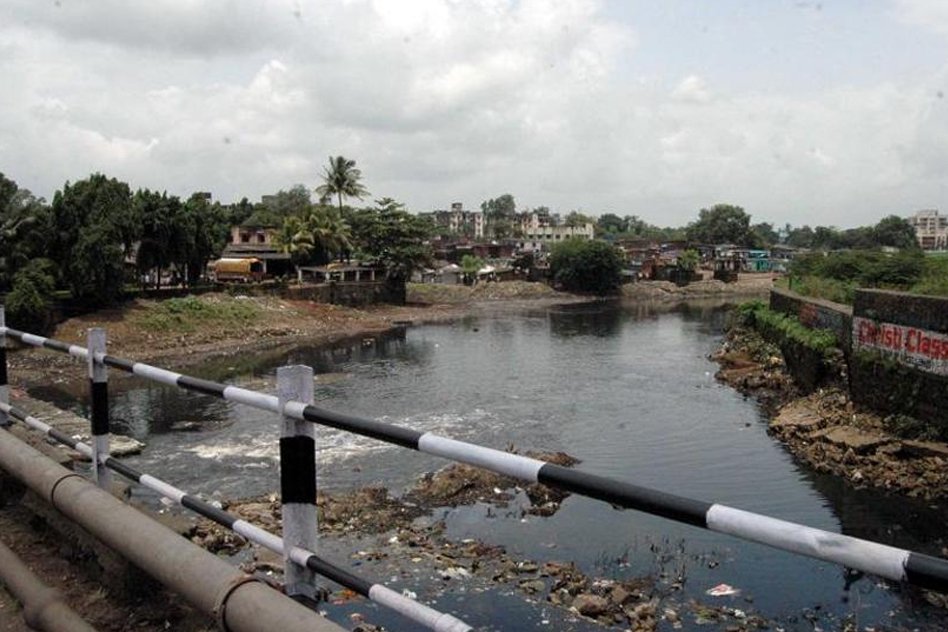The National Green Tribunal (NGT) has slapped a Rs 102 crore fine on the Thane Municipal Corporation (TMC) for failing to treat sewage before releasing it into the Ulhas River and Desai Creek. The NGT’s Western Bench issued the order in response to a petition filed by local activist Arif Iraqi, highlighting the longstanding issue of untreated sewage disposal. The Maharashtra Pollution Control Board (MPCB) calculated the fine based on environmental damage caused by untreated sewage, with TMC now facing a financial strain in paying the penalty.
Thane’s wastewater management has been an ongoing issue, with over 67 million litres per day (MLD) of sewage generated in areas like Mumbra and Diva. Only a fraction of this, around 35.8 MLD, is treated by small sewage treatment plants (STPs) and private complexes. Over the past decade, there has been a 25% rise in untreated sewage being discharged into the river, severely impacting local ecology and public health. The MPCB noted that TMC had delayed setting up necessary STPs, exacerbating the pollution of the Ulhas River, which already faces significant pollution levels. Over the past five years, pollution in the river has increased by 40%, according to MPCB data, impacting nearly 500,000 residents dependent on this water source.
From a sustainability perspective, the impact of untreated sewage on the river ecosystem is dire. This negligence has led to the degradation of water quality, affecting not only biodiversity but also human health. In particular, residents living near the riverbanks have reported an increase in waterborne diseases, with children and the elderly being the most vulnerable. Although TMC has proposed the construction of five STPs in Diva with a capacity of 106 MLD, this plan has been delayed due to financial constraints, creating further concerns about the city’s ability to address its growing pollution crisis.
The human cost of this environmental damage is significant. Thousands of residents in the affected areas rely on the river for daily use, and the contamination threatens both their livelihood and health. The NGT has acknowledged that while TMC has taken some steps to improve the situation, more urgent action is required. The tribunal urged the state government to step in, potentially offering financial support to ensure the fine is paid and future STP projects are completed without delay. TMC must now balance financial challenges with the critical need to protect both the environment and its residents.


